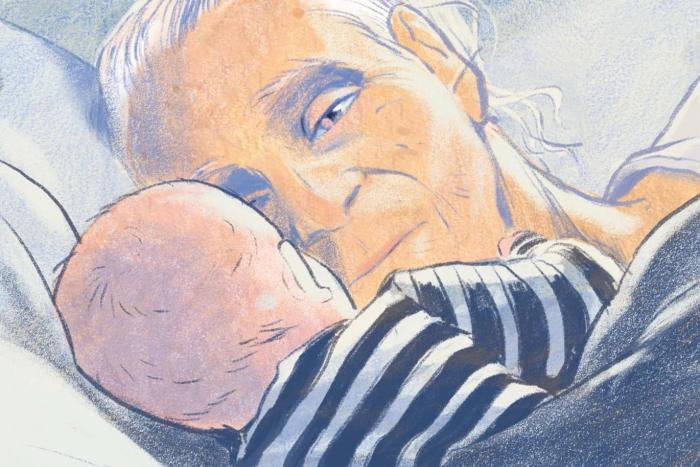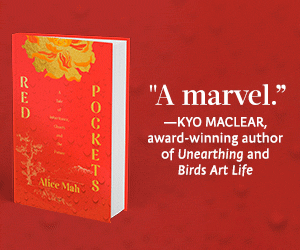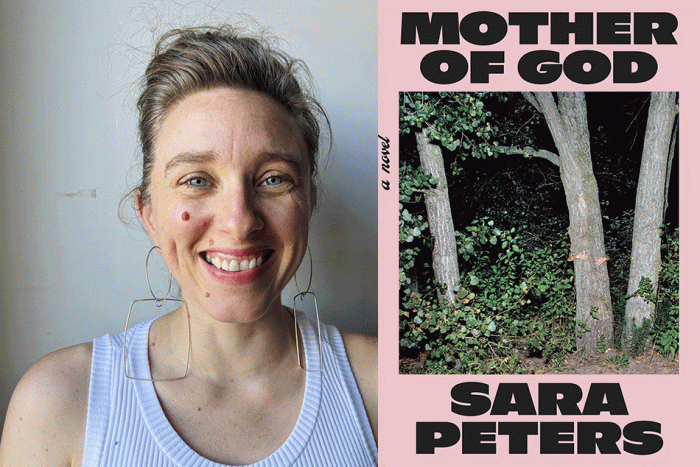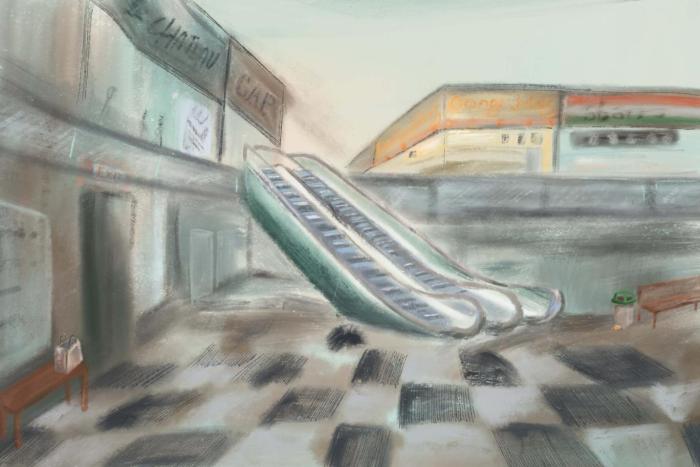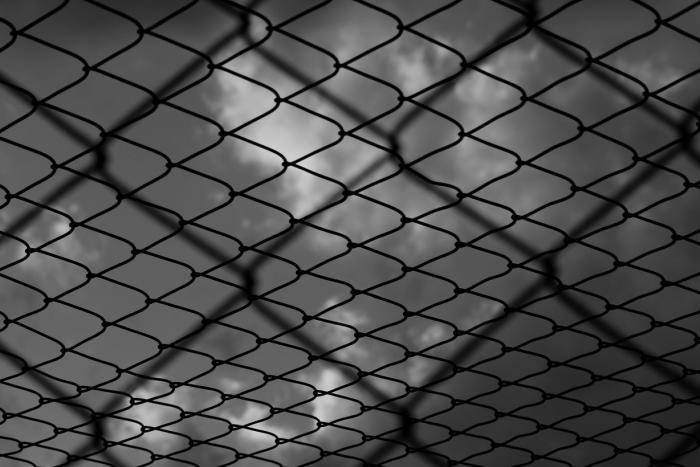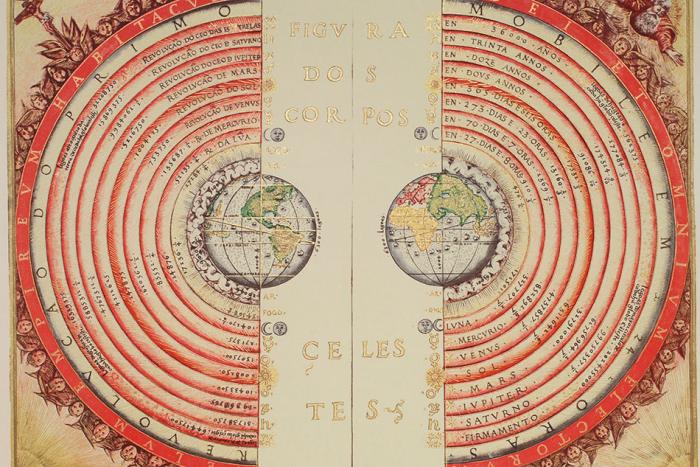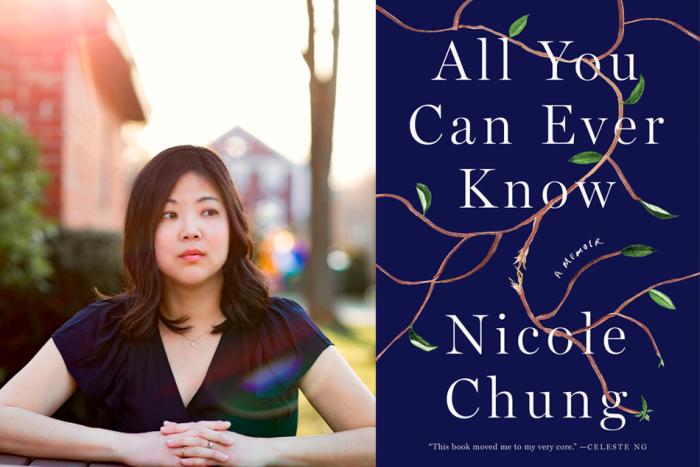When Wanda bought the house, she didn’t imagine that anyone in the community would recognize that she and Lynn were queer.
The baby had come from a place none of us could remember. Our grandmother was headed there.
Latest
When Wanda bought the house, she didn’t imagine that anyone in the community would recognize that she and Lynn were queer.
The baby had come from a place none of us could remember. Our grandmother was headed there.
The author of Mother of God discusses the limitations of realism, Frank Bidart, and the anguished duality of shame.
Standing in the wreckage of these spaces unlocks a sensation people often crave, but can’t name.
It’s an imagined past, a pastoral imaginary, an alternate timeline in the multiverse.
Searching for empathy with those society deems unforgivable.
Like so many German Jews, my Nana's family was late to leave the country when Hitler came to power. They thought antisemitism was a relic of the past.
Finding myself in a sport that always felt connected to my father's rage and regret.
On the shared origins of two seemingly incongruent disciplines and the language we use to explain our place in the universe.
The author of All You Can Ever Know on family secrets, nature versus nurture, and Kristi Yamaguchi.


